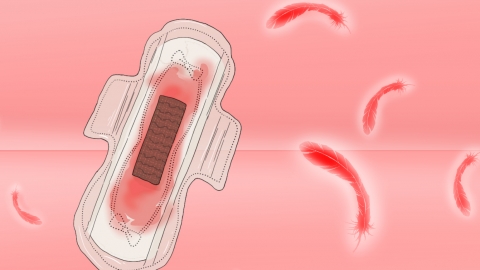Is an endometrial thickness of 13mm serious?
Generally speaking, whether an endometrial thickness of 13mm is serious depends on the timing of the examination and accompanying symptoms. If the thickening occurs before menstruation without abnormal symptoms, it is usually not serious. However, thickening outside the menstrual period or accompanied by bleeding may indicate a more serious condition. If abnormalities are present, timely medical consultation is recommended. Detailed explanation is as follows:

Before menstruation, the endometrium naturally thickens under the influence of hormones, reaching up to 10–15mm. If an ultrasound shows a thickness of 13mm at this time and the menstrual cycle is regular without abnormal bleeding, this is considered a normal physiological phenomenon and the endometrium will thin out after menstruation, requiring no special treatment.
An endometrial thickness of 13mm during non-menstrual periods or after menopause, accompanied by irregular vaginal bleeding or abnormal discharge, may suggest endometrial hyperplasia, polyps, or even malignancy. Further diagnostic tests are necessary to determine the exact cause. If malignancy is confirmed, the condition is serious and prompt treatment is required.
In daily life, maintaining a healthy lifestyle, improving dietary habits, engaging in appropriate physical exercise, and enhancing overall physical fitness can help reduce the risk of disease.







